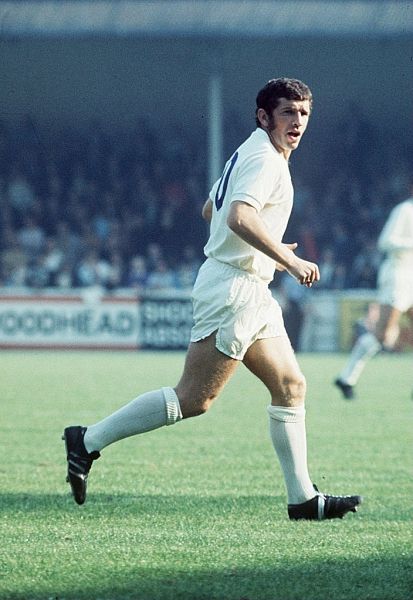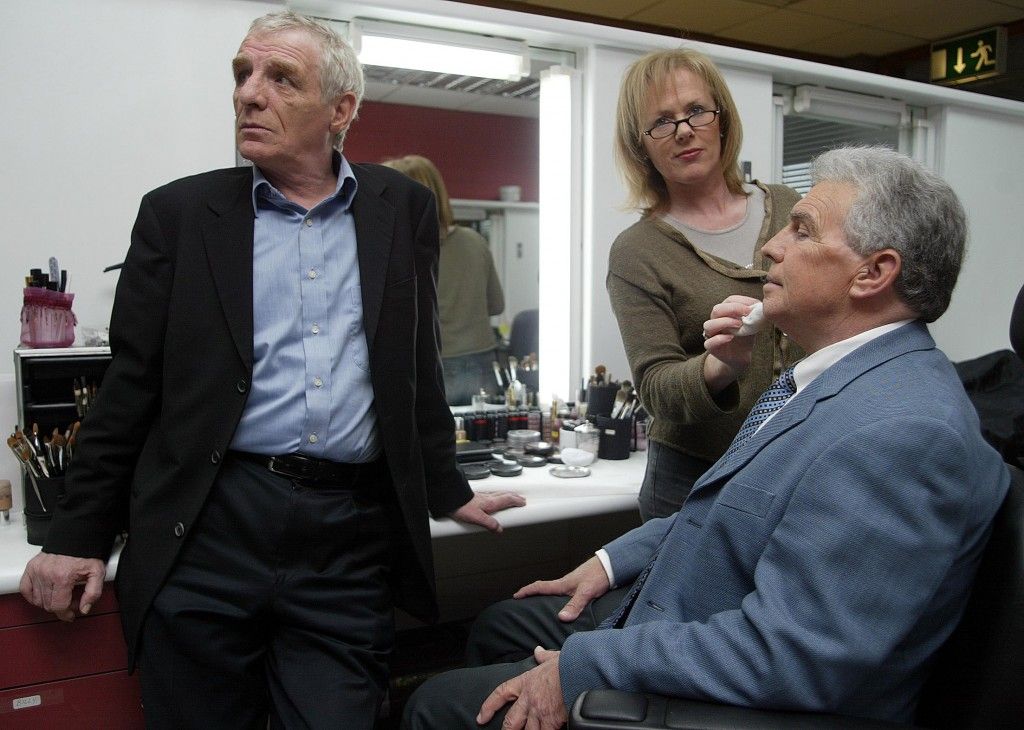

Share
24th March 2016
03:36pm GMT

People might howl with indignation when he announced before a game that he didn’t know much about, say, Borussia Dortmund, but after 45 minutes watching them, he would be able to tell the viewer everything there was to know about Borussia Dortmund. And tell Dortmund things they probably didn’t know about themselves – while still not remembering the name of their full-back.
That isn’t important when you are dealing in the truth as Gilesy is. This season, he made some precise and unforgiving points about Mesut Ozil at a stage in the season when many were prepared to hail him as the solution to Arsenal’s problems. As so often, his analysis has proven to be correct.
When he announced on Thursday that the European Championships this summer would be his final appearances as a pundit on RTE, he made it clear that he was not considering retirement and that’s how it should be.
https://twitter.com/SportsJOEdotie/status/712923916545703936The RTE panel has benefitted from the injection of life given to it by Richie Sadlier who is the perfect replacement. RTE may need some new voices and the hysteria when Sadlier was chosen to appear ahead of Giles last year for the Scotland game was ludicrous, but what he has to say will always be important.
Some will complain that Giles always says the same thing, but there are pundits who began their careers speaking in cliches and never stopped so maybe we should welcome somebody who says the same intelligent thing every week.
If the idea that sport is as important in our lives as any other aspect of culture – and, let’s face it, it means a lot more to most people than the theatre – then Giles is one of the most important people in the cultural life of Ireland in the past one hundred years.

The panel debates became a kind of theatre, but, unlike the actual theatre, people cared about what they were saying. During the Trapattoni era, Giles, Brady and Dunphy disagreed, but while Giles held an opinion, he also became a kind of narrator, delivering analysis as if he was in possession of the perspective only time can bring. I guess we call that wisdom.
He was an outstanding player, a revolutionary manager and an educator who sat in a TV studio during the years when football became the most important show in town.
He did all this things while retaining a deep ambivalence about many of the things which were supposed to be important in Irish heroes. He has spent his life surrounded by characters. His father Dickie was a great Dublin character and he has spent much of his professional life in the company of Eamon Dunphy, a man he first encountered when Dunphy swiped a ping pong ball off a table Giles was playing on at youth club in the East Wall. Dunphy went on to perform a similar role on a bigger stage for much of his life.

Giles, in contrast, was rational and unaffected by sentimentality which is the great impediment in any commentator. As importantly, he treated football with the seriousness it deserved. Some people laughed along with, say, Mario Balotelli, but Gilesy couldn’t bring himself to do that. He didn’t see too many characters become great players, he said, and greatness is the thing which has always interested him.
I talked to him one night outside the old Lansdowne Road and, with the use of a lamppost, he explained the key positional elements of wing play as it related to Damien Duff and then, he brought up John Robertson as he often does. The revival of interest in Nottingham Forest has led many to hail Robertson, but Giles had been saying it for a long time. Some might wonder if these terms of reference resonated in 2016, but there were other reference points that remained valid.
On RTE, he has always given the sense that he is dealing with important matters. There wasn’t the fake solemnity of others, the concession to the forces of outrage which are increasingly seen as important. Giles was serious without being solemn. He talked endlessly about moral courage. Sport might not be a metaphor for life, but Giles spoke truths which applied to a wider world than football. “If there was no difference between good football and bad football, Lee Carsley and Jonathan Douglas could play every week,” he said once.
If there was no difference between good and bad TV, then anyone could have done what John Giles did on TV. Happily there still is a difference and Giles wasn’t good, he was great.
Explore more on these topics: